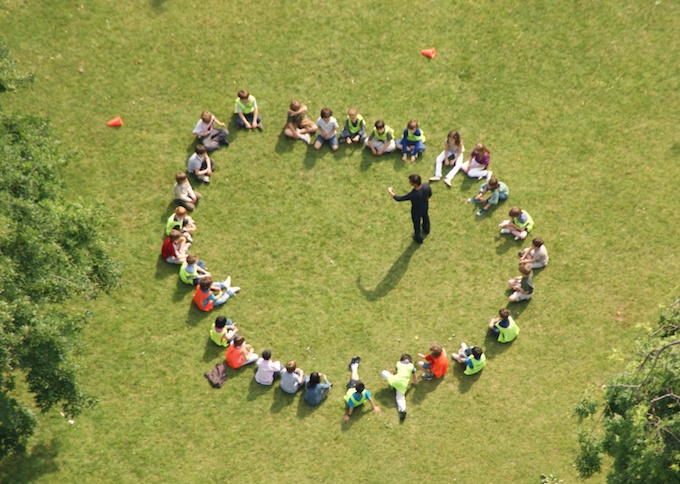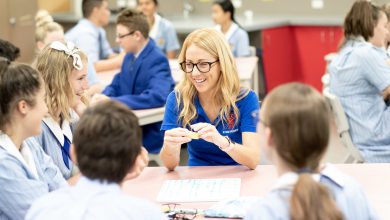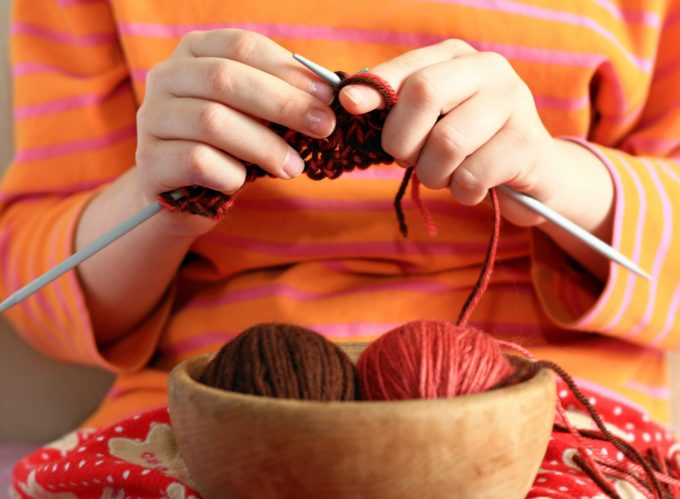News
Ask kids how they want to learn: study

| Teachers should be asking five-year-olds how they want to be taught at school, according to new research from Edith Cowan University. The study gathered feedback from pre-primary students about how they learn in an effort to improve teaching practice in early childhood education. Lead researcher Amelia Ruscoe from ECU’s School of Education said too often teachers, policymakers and parents make decisions about what was best for children without considering children’s views. “Just because they’re young doesn’t mean they don’t have something important to contribute to the decision-making process,” Ms Ruscoe said. “Children are first hand witnesses to the practices of teachers. They are in the best position to provide feedback. It makes sense to listen. “By listening to children you are acknowledging that they have some agency and respectfully giving them some input into what happens to them at school.” Ms Ruscoe asked children about their experiences of learning at school with findings that would probably come as welcome news to their parents. All but one child had a positive experience of learning and saw school as important. They explained that to learn, they needed to try hard, ask questions, pay attention to details and said they wanted to learn about things that were “new” and “real life”. The children in this study also reported they valued learning with those they feel close to – mostly their friends and family. “This emphasises the need for positive partnerships between home and school,” Ms Ruscoe said Kids want a fair go.Ms Ruscoe said what children valued most about teachers was that they set a tone in the classroom that felt safe. “Several of the children talked about how they need the teacher to be there because only the teacher could keep other children settled so they could get a go,” she said. “While we might think the children want free reign, it was the quality of the teacher’s interactions that really mattered to the children. “What they do want is a fair go and they rely on teachers to give them that.”A disconnect that needs bridging, Ms Ruscoe said unless children had a sense of ownership over what is being learned, learning was going to be compromised. “Anyone who’s worked with five-year-olds knows when a child decides they’re not going to engage in learning, there’s little you can do to make them,” she said. “Teachers are often drawn into using reward charts and discipline measures to implement programs, rather than the learning itself being the reward. “What I discovered was that children are very excited to learn but aren’t necessarily seeing the value in things that we [adults] value.” Ms Ruscoe said many children didn’t see the point of reading and writing unless they could use it in their play somehow.” “They talked about needing these skills for a future ‘grown up’ life, rather than needing them for being a child right now,” she said. “There’s appears to be a disconnect between the views of children and teachers that need to work at bridging.” The research was published in the Australasian Journal of Early Childhood and is available at the journal’s website. |







